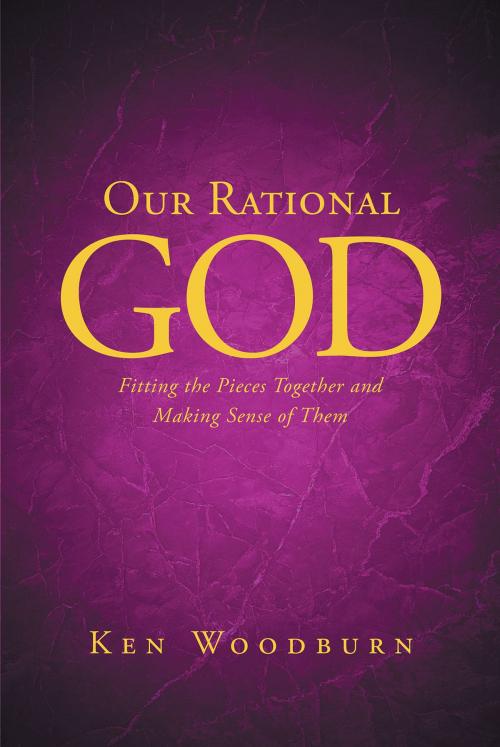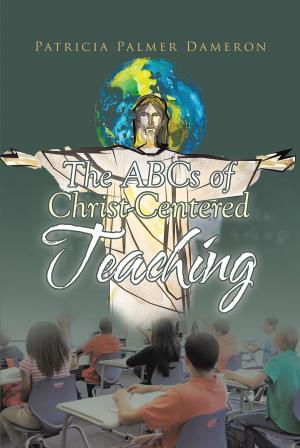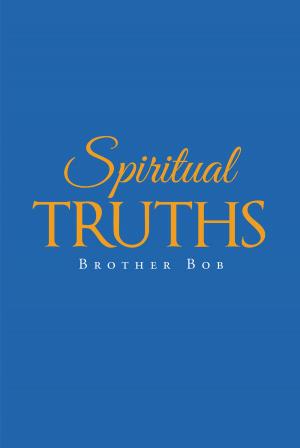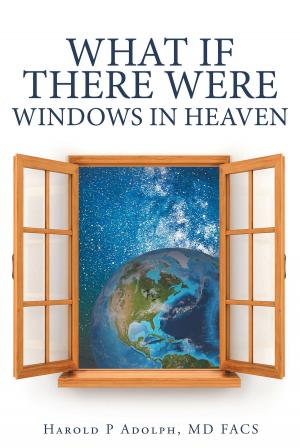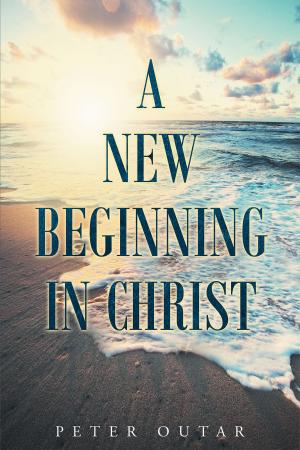Our Rational God
Fitting the Pieces Together and Making Sense of Them
Nonfiction, Religion & Spirituality, Bible & Bible Studies, Study| Author: | Ken Woodburn | ISBN: | 9781640289949 |
| Publisher: | Christian Faith Publishing | Publication: | July 27, 2017 |
| Imprint: | Language: | English |
| Author: | Ken Woodburn |
| ISBN: | 9781640289949 |
| Publisher: | Christian Faith Publishing |
| Publication: | July 27, 2017 |
| Imprint: | |
| Language: | English |
Ken invites us to God’s feast of understanding he had in mind from the first day of creation when he ordered the existence of light from the dark. He maintains an independent topical style while not adhering to the chronology of Scriptures found in the King James Bible. All the while, he keeps the information at survey depth and avoids terms as thee and thou as seen in the King James Version of the Bible so as not to turn readers off in confusion. Ken purposefully avoids complicated issues, which derail the simple meanings of Scriptures for mostly new readers. The author realizes that God has included very deep meanings in the Scriptures and only the great creator God can tell the end from the beginning or if the Old Testament is fraught with acrostics, which would only detract from the purpose of this work. In Addition, only a theologian with years of study could make sense out of what God is trying to deliver prospectively by way of the acrostics. This approach is more productive for the casual Bible reader who might be prone to fatigue, unlike seminary trained ministers who have studied and become accustomed to an approach to the Scriptures worn out by years of stilted delivery, however accurate they claim be. Rather, Ken takes a common man’s approach to Bible reading. Without going into morbid detail, it’s realized within the first few pages that the Bible is full of ordinary people and that more is revealed than we get in any church lesson. The author provides simple, clean answers to issues today regardless of the order. Many people have heard much of what the Bible says, but it’s generally not enough to give them the desire to spend time in pursuit of true meanings. Ken uses the Bible and ancient Jewish texts supported by Bible references, which give those ancient texts validity. Since these ancient Jewish texts can be referenced in the Canon, their truths can, therefore, be relied upon.
Ken invites us to God’s feast of understanding he had in mind from the first day of creation when he ordered the existence of light from the dark. He maintains an independent topical style while not adhering to the chronology of Scriptures found in the King James Bible. All the while, he keeps the information at survey depth and avoids terms as thee and thou as seen in the King James Version of the Bible so as not to turn readers off in confusion. Ken purposefully avoids complicated issues, which derail the simple meanings of Scriptures for mostly new readers. The author realizes that God has included very deep meanings in the Scriptures and only the great creator God can tell the end from the beginning or if the Old Testament is fraught with acrostics, which would only detract from the purpose of this work. In Addition, only a theologian with years of study could make sense out of what God is trying to deliver prospectively by way of the acrostics. This approach is more productive for the casual Bible reader who might be prone to fatigue, unlike seminary trained ministers who have studied and become accustomed to an approach to the Scriptures worn out by years of stilted delivery, however accurate they claim be. Rather, Ken takes a common man’s approach to Bible reading. Without going into morbid detail, it’s realized within the first few pages that the Bible is full of ordinary people and that more is revealed than we get in any church lesson. The author provides simple, clean answers to issues today regardless of the order. Many people have heard much of what the Bible says, but it’s generally not enough to give them the desire to spend time in pursuit of true meanings. Ken uses the Bible and ancient Jewish texts supported by Bible references, which give those ancient texts validity. Since these ancient Jewish texts can be referenced in the Canon, their truths can, therefore, be relied upon.
